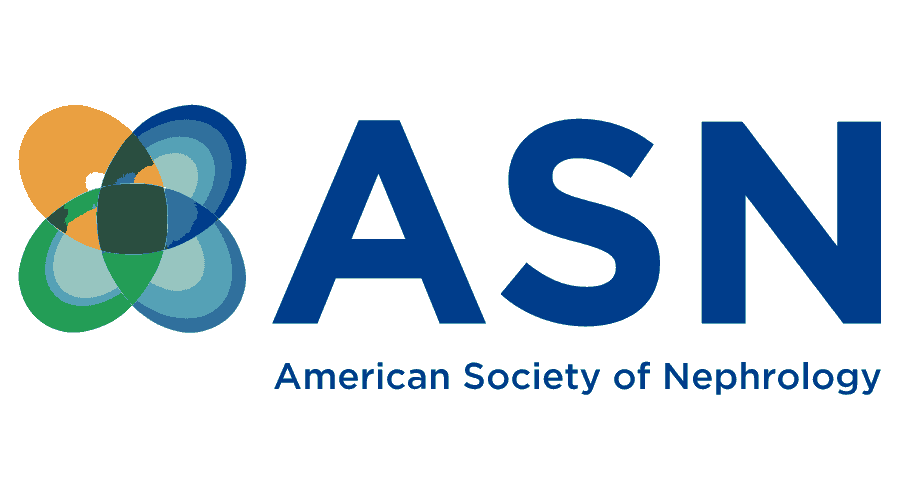Services
Dialysis
Kidney dialysis is the most common treatment for patients with kidney failure. Dialysis is a procedure to remove waste products and excess fluid from the blood when the kidneys stop working properly. ... Normally, the kidneys filter the blood, removing harmful waste products and excess fluid and turning these into urine to be passed out of the body. Today, someone can be on dialysis for many years, to lead long, active, and fulfilling lives.
Vascular Access
Houston Nephrology Group physicians are involved in the wide gamut of dialysis access care. This includes creation, implantation, revision, and maintenance of av fistulas and grafts for hemodialysis, tunneled dialysis catheters for hemodialysis, and insertion and revision of peritoneal dialysis catheters. Vascular mapping and state of the art techniques are utilized. Our physicians understand that this is an important part of the treatment for patients undergoing dialysis and take extra care to make sure that diagnostic and therapeutic procedures are done seamlessly in a timely fashion.
Hypertension Care
The kidneys help filter wastes and extra fluids from blood, and they use a lot of blood vessels to do so. ... This is why high blood pressure (HBP or hypertension) is the second leading cause of kidney failure. Over time, uncontrolled high blood pressure can cause arteries around the kidneys to narrow, weaken or harden. We will work with you to come up with the best treatment plan to help bring your BP back into a normal range.
Kidney Biopsy
A kidney biopsy is a procedure that involves taking a small piece of kidney tissue for examination with a microscope. A biopsy can help explain why a kidney is not working properly. The kidney tissue sample can show inflammation, scarring, infection, unusual deposits of a protein called immunoglobulin, or to evaluate if there is any blood in the urine, which can be a sign of kidney disease or other urinary problems.
Critical Care
Critical Care Management includes correction of fluid and electrolyte levels, avoidance of nephrotoxins, Acute kidney failure, and kidney replacement therapy, when appropriate. Acute kidney failure requires immediate critical care treatment. The good news is that acute kidney failure can often be reversed. The kidneys usually start working again within several weeks to months after the underlying cause has been treated. Dialysis is needed until then.
Kidney Diseases
Chronic kidney disease, also called chronic kidney failure, describes the gradual loss of kidney function. When chronic kidney disease reaches an advanced stage, dangerous levels of fluid, electrolytes and wastes can build up in your body. In the early stages of chronic kidney disease, you may have few signs or symptoms. Treatment for chronic kidney disease focuses on slowing the progression of the kidney damage, usually by controlling the underlying cause.
Kidney Transplant
A kidney transplant is a surgical procedure to place a healthy kidney from a living or deceased donor into a person whose kidneys no longer function properly. Kidneys are two bean-shaped organs located on each side of the spine just below the rib cage. Each is about the size of a fist. Their main function is to filter and remove waste, minerals and fluid from the blood by producing urine. When your kidneys lose this filtering ability, harmful levels of fluid and waste accumulate in your body.
Diabetes Care
Diabetes can cause health conditions such as heart disease, blindness, kidney failure, and lower limb amputations. Diabetes, also known as High Blood Sugar, can overwork the kidneys, and ultimately damage them. After years, the kidneys start leaking small amounts of protein (albumin) into the urine, which indicates that the kidneys are damaged. Not everyone with diabetes develops kidney disease. The better a person keeps diabetes under control, the lower the chance of getting kidney disease.
Diabetic Neuropathy
If you have diabetes, your blood glucose, or blood sugar, levels are too high. Over time, this can damage the covering on your nerves or the blood vessels that bring oxygen to your nerves. Damaged nerves may stop sending messages, or may send messages slowly or at the wrong times. This damage is called diabetic neuropathy. Over half of people with diabetes get it. Symptoms may include:
- Numbness in your hands, legs, or feet
- Shooting pains, burning, or tingling
- Nausea, vomiting, constipation, or diarrhea
- Problems with sexual function
- Urinary problems
- Dizziness when you change positions quickly
Your doctor will diagnose diabetic neuropathy with a physical exam and nerve tests. Controlling your blood sugar can help prevent nerve problems, or keep them from getting worse. Treatment may include pain relief and other medicines.
Nephrotic Syndrome
Nephrotic syndrome is a kidney disorder that causes your body to pass too much protein in your urine. Nephrotic syndrome is usually caused by damage to the clusters of small blood vessels in your kidneys that filter waste and excess water from your blood. Nephrotic syndrome is almost always treatable, but the treatment depends on the cause. The treatment's goal is to stop the loss of protein in the urine and increase the amount of urine passed from the body.
Additional Resources
Do You Have An Emergency?
Incase of an emergency call 911 or go directly to the hospital. Do not attempt to contact us via our website.
MAIN OFFICE
Houston Nephrology Group, PA
915 Gessner Road Suite 360
Houston, TX 77024
713.468.5440
Houston Nephrology Group, PA
915 Gessner Road Suite 360
Houston, TX 77024
CLINIC HOURS
- Mon - Fri
- -
- Sat - Sun
- Closed
All Rights Reserved | Houston Nephrology Group, P.A.







